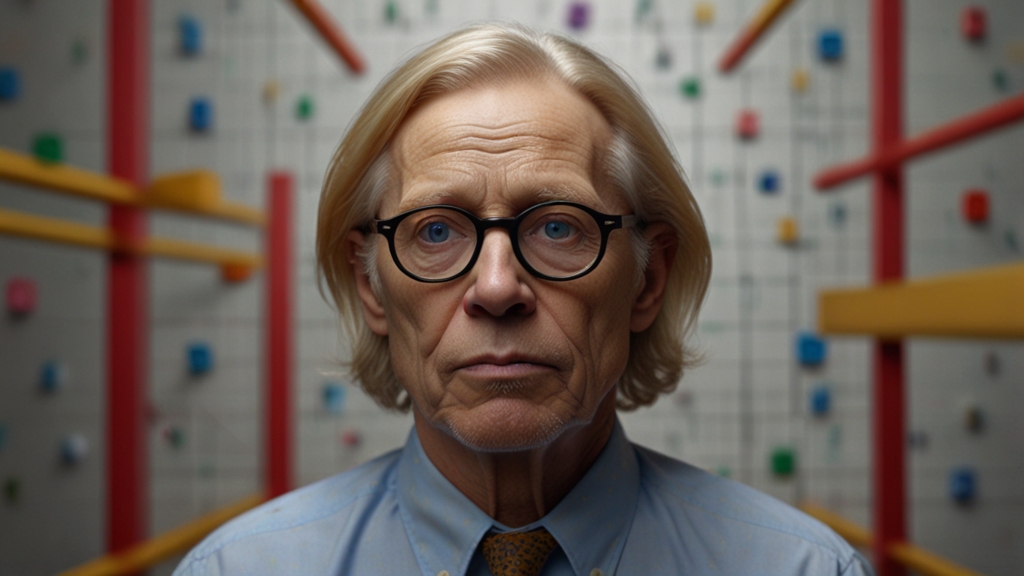How the Crucifixion Changed the Course of History Forever
The crucifixion of Jesus Christ is an event that has profoundly influenced not only religious thought but also the cultural, social, and political landscapes of the world. This pivotal moment in history fundamentally altered the trajectory of human civilization, inspiring a major world religion and profoundly impacting countless aspects of life across different periods and societies.
The Birth of Christianity
The crucifixion marks the moment of ultimate sacrifice in the Christian faith, embodying the themes of redemption, forgiveness, and eternal life. Jesus' death and subsequent resurrection, as interpreted by his followers, served as the cornerstone for the establishment of Christianity. This nascent religion quickly spread across the Roman Empire and beyond, largely due to the missionary work of apostles like Paul, who pointed to the crucifixion and resurrection as the ultimate proof of Jesus' divine nature.
"For God so loved the world that he gave his one and only Son, that whoever believes in him shall not perish but have eternal life" (John 3:16, NIV). This verse encapsulates the transformative power Christians see in the crucifixion—a divine act of love and mercy that promises salvation to believers.
Cultural Transformations
Beyond its religious significance, the crucifixion has left an indelible mark on art, literature, and cultural practices. Western art, in particular, is replete with depictions of the crucifixion, from medieval frescoes to Renaissance masterpieces. These artistic works were not just expressions of faith but also served as educational tools, communicating theological concepts and moral lessons to a largely illiterate population.
"The crucifixion has been a central theme in Western cultural imagination, shaping our understanding of sacrifice, suffering, and redemption," writes art historian Sarah Huddleston. "Its representations have evolved, reflecting contemporary concerns while continually pointing back to its foundational significance."
Political and Social Impact
The crucifixion has also had significant political and social ramifications. Early Christians, who were persecuted by Roman authorities, found in the crucifixion a model of enduring suffering and hope. This resilience laid the foundation for Christianity’s eventual adoption as the state religion of the Roman Empire in the 4th century, a momentous shift that had long-lasting implications for the political alignment and ideology of Europe.
Moreover, the ethical teachings derived from Jesus' life and crucifixion have influenced numerous social justice movements throughout history. The idea of valuing and defending the marginalized and oppressed has roots in Jesus’ own ministry and the narrative of his sacrificial death.
Theological Implications
For believers, the crucifixion goes beyond historical fact; it holds profound theological implications. It represents the ultimate act of atonement, bridging the gap between God and humanity. The concept of Jesus as both fully divine and fully human dying on the cross is seen as a mystery of faith, one that has been the subject of theological discourse and interpretation for millennia.
Theologian N.T. Wright notes, "The crucifixion is, paradoxically, the moment of Jesus' ultimate defeat and his ultimate victory. It is where the power dynamics of the world are turned upside-down, revealing that true power is found not in coercion but in sacrificial love."
Conclusion
The crucifixion of Jesus Christ serves as a fulcrum in the arc of human history. Its impact resonates through the spiritual, cultural, social, and political domains, shaping the lives of billions throughout the centuries. It is a testament to the profound ways in which a single event can alter the course of history forever, offering a narrative of hope, redemption, and transformative power.










